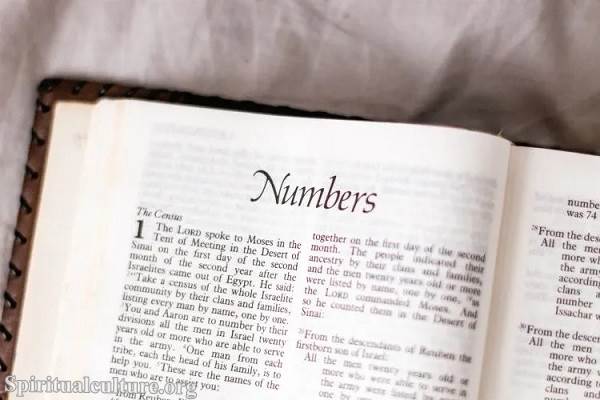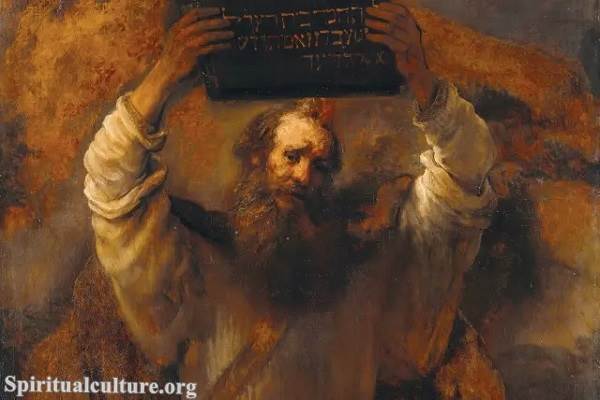As we navigate through the labyrinth of diverse global cultures, we stumble upon various customs and traditions that have been passed down through generations. One such tradition, deeply embedded in the roots of Judaism, is the festival of Passover. Passover, or Pesach in Hebrew, is one of the most significant Jewish holidays, commemorating the liberation of the Israelites from Egyptian slavery.
Judaism
Judaism is one of the oldest monotheistic religions, dating back over 3,000 years. It is based on the Torah, which is the first five books of the Hebrew Bible. Judaism has given birth to a multitude of traditions and festivals, each carrying its unique significance. Among these, Passover holds a special place, celebrated with immense reverence and enthusiasm by Jews worldwide.
What is Passover?
Passover is a Jewish festival that commemorates the exodus of the Israelites from Egypt, where they had been enslaved for centuries. This liberation was led by Moses, a central figure in Jewish tradition, who was appointed by God to free the Israelites. The term Passover stems from the tenth and final plague inflicted upon the Egyptians, where God “passed over” the homes of the Israelites while killing the firstborn of every Egyptian household.
The story of Passover is a profound narrative of freedom and faith, highlighting the divine intervention that led to the liberation of the enslaved Israelites. It is a celebration of liberation, freedom, and a testament to the indomitable human spirit.
The Passover festival lasts for seven or eight days, depending on the Jewish tradition followed. The first and last days are considered holy days, where no work is permitted. The central event of Passover is the Seder, a festive meal where the story of the Exodus is retold through food, prayers, and songs.
When is Passover?
Passover takes place in the spring, from the 15th to the 22nd of the Hebrew month of Nissan, which usually falls between late March and late April in the Gregorian calendar. The exact date varies each year due to the lunar-based Jewish calendar, which differs from the solar-based Gregorian calendar.
In 2022, Passover begins at sundown on Friday, April 15, and ends at nightfall on Saturday, April 23. The first Seder will be held on the evening of April 15, after nightfall.
The meaning of Passover in Judaism
Passover is not just a historical commemoration for Jews but a deeply spiritual event. It serves as a reminder of their ancestral struggles and the divine intervention that led to their freedom. During Passover, Jews partake in a variety of rituals, including removing all leavened bread from their homes and participating in the Seder meal.
The Seder meal is a ritual feast that marks the beginning of Passover. It involves retelling the story of the Exodus through symbolic foods, prayers, and songs. Each food on the Seder plate symbolizes a part of the Exodus story, reinforcing the connection between past and present.
Passover is a time for Jewish families to come together in reflection and celebration. It is a festival that strengthens their identity and renews their faith. It serves as a potent reminder of the hardships their ancestors endured and their triumphant journey from slavery to freedom.
In conclusion, Passover is more than a festival; it is a testament to Jewish resilience, faith, and freedom. It is a profound celebration that transcends the boundaries of time, connecting the past, present, and future generations of the Jewish community. It is a time of remembrance, reflection, and reconnection with their rich heritage and faith.


